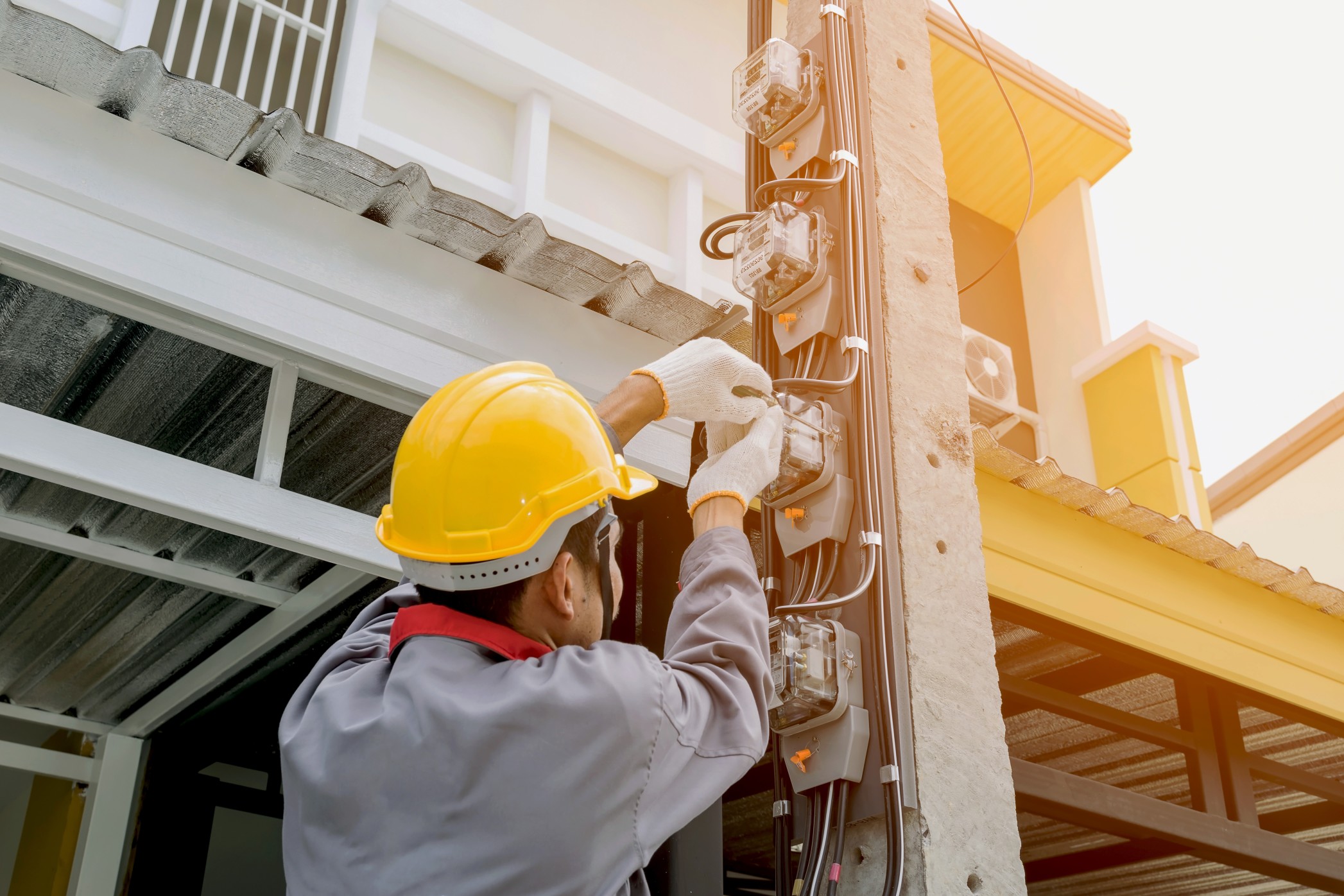Electrical work can be dangerous, and only certified electricians should take on any sort of project beyond simple DIY repairs. However, whether you are a business owner or a homeowner, understanding your electrical system allows you to notice irregularities and call someone in a timely fashion to address any issues. Residential and commercial electrical systems differ in many ways that might not be obvious. Knowing the differences is crucial for making informed decisions about the type of electrical repairs you have conducted on your property, especially if you are responsible for both residential and commercial properties.
Key Differences Between Residential and Commercial Electrical Systems
The demands of a residential home and a commercial building are very different, leading to a wide range of differences in power, wiring, and safety. These differences include:
- Regulations
- Power Phases / Voltages
- Wiring Material / Design
Regulations/Certifications – Hiring the correct electrician is the first step to receiving quality service for your home or commercial property. While residential electricians are required to be licensed and insured, the process of becoming qualified for commercial electrical work is more involved, with tests, exams, and required certifications outnumbering those needed to do residential work. When looking for an electrician, reputable companies will not assign an electrician to a job that is not certified for the task at hand. This advice mainly applies if you are unsure about a local electrician with less proof or history of work in your area. When in doubt, contact a company that can proudly boast of its certifications and job history, like Promise Electric.
Power Phases / Voltages – Commercial properties with large machines for a wide variety of applications consume more power when compared to a residential home. In order to keep large operations working, commercial properties often employ three-phase power systems. These systems provide more consistent power by having three separate currents offset by a specific time dilation. Unlike single-phase systems in residential homes, three-phase systems don’t have high and low points of electrical current. This also allows large machines that use three-phase energy to be more efficient, as they do not have to consider the current and power variations that devices running off of single-phase currents need to.
Wiring Material / Design – Electrical systems are an integral part of every home in America, but that doesn’t mean people want to think about them every day. If all of their devices work correctly and the lights stay on, homeowners are content. Because of this, the location of wires and the material they are surrounded with differ from commercial properties. Wiring in homes is hidden behind walls, thinner, and bundled tightly in plastic or other materials so electricians can package them nicely out of sight of homeowners. Commercial properties are less concerned about the design or sightliness of their wiring, so wires can be thicker and more exposed. This doesn’t mean they are out in the open, but they can be contained in pipes or PVC that are much more accessible than behind a wall. Thicker wiring in commercial properties also passes along more power before worrying about heat damage or corrosion.
The differences between electrical systems in homes and commercial electrical systems have developed organically over decades and serve each situation well. Knowing the differences will allow you to identify problems that might be a concern in one place but not the other. Promise Electric employs only master electricians to provide service for both commercial and residential electrical systems. Call today for more information and a discussion about your electrical situation.



